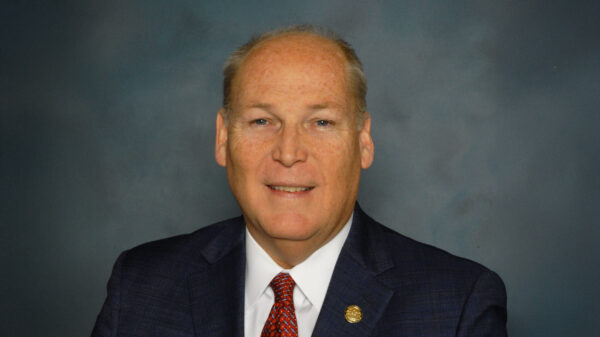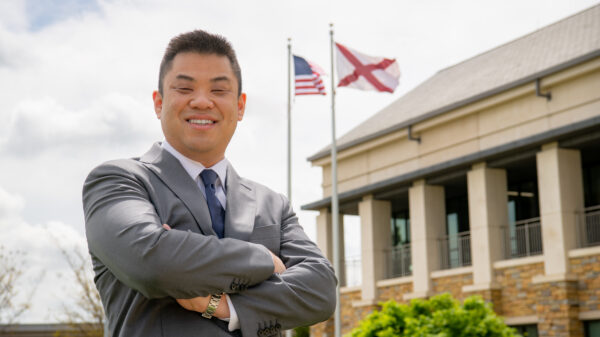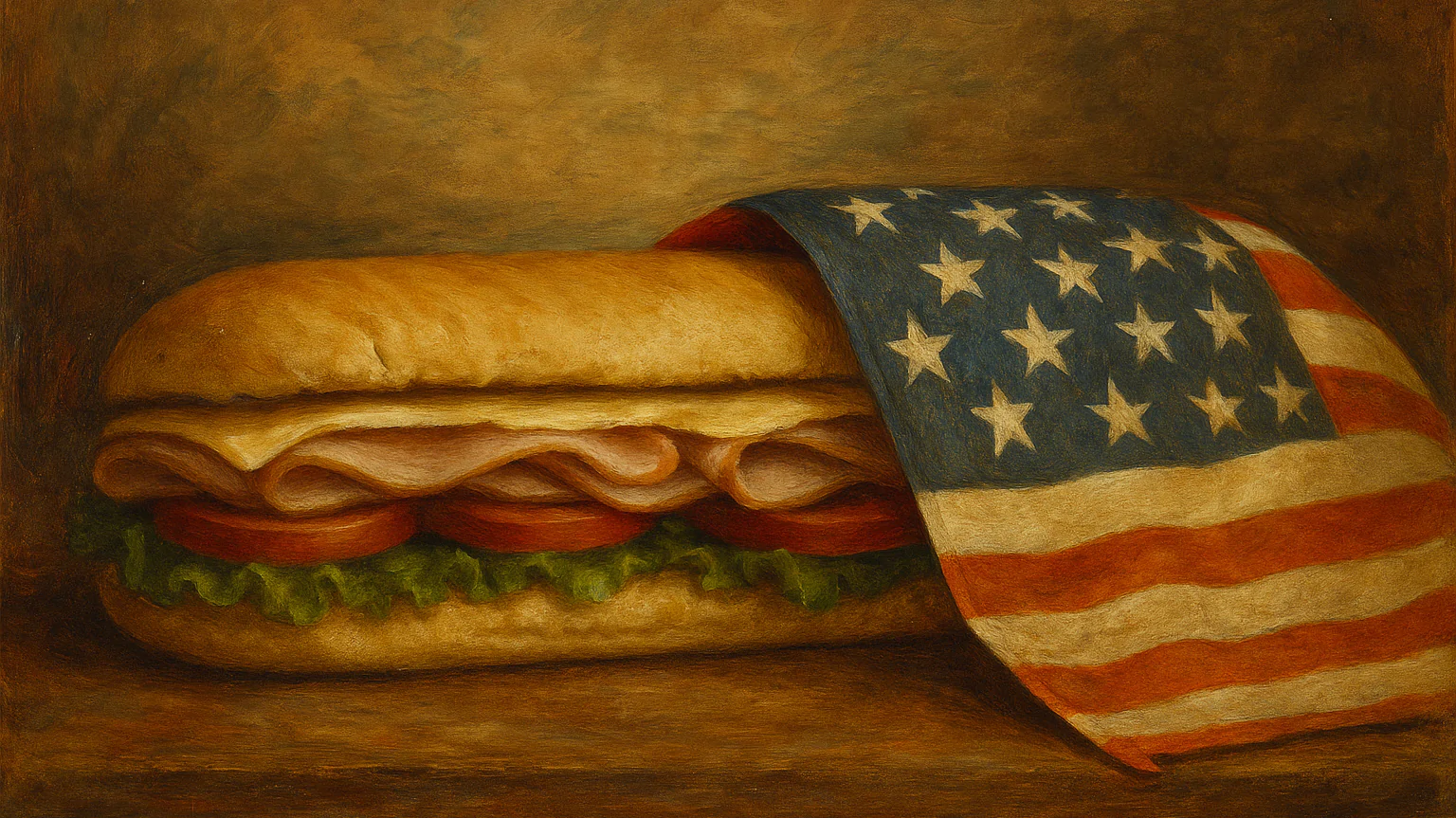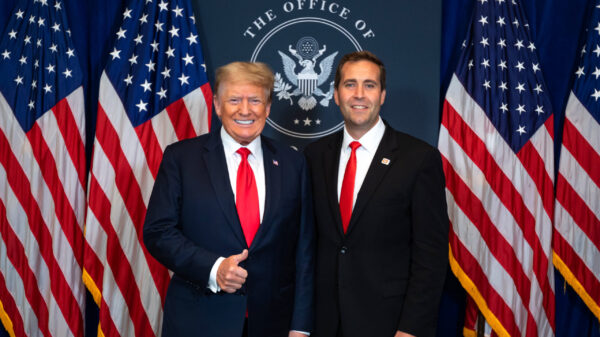One man threw a sandwich—and in doing so, reminded a nation what defiance looks like.
When Sean Dunn hurled his lunch at a federal officer in Washington, it wasn’t exactly the Boston Tea Party. But civil disobedience rarely begins with fireworks. It starts with a single act of refusal—one person deciding that submission is no longer an option.
A grand jury refused to indict Dunn on felony charges, leading the Department of Justice to downgrade the case to a misdemeanor assault—a charge a trial jury later rejected with a not guilty verdict. In both cases, citizens—not politicians or pundits—made a moral judgment: this was not an assault, it was a statement. An act of conscience.
We might laugh at the absurdity of a sandwich becoming a symbol of resistance, yet in dark times, symbols matter. And in today’s America, where a president and a movement deploy federal agents and soldiers as if policing conquered ground, one man’s sandwich striking the chest of authority reads less like comedy and more like quiet rebellion.
Our founders would have understood. Long before muskets fired at Lexington and Concord, there were boycotts, pamphlets and tavern debates. Colonists who refused to pay unjust taxes. Men and women who tore down royal proclamations and stood in the streets to say “enough.” The Revolution didn’t erupt overnight—it grew from countless acts of ordinary defiance by people unwilling to bow to a distant king.
History remembers these moments not because they were grand, but because they were brave. Thoreau refused to pay a poll tax and went to jail. Rosa Parks refused to give up her seat. Lunch counter sit-ins, suffragist marches, labor strikes—every one began with someone deciding that obedience to conscience was more sacred than obedience to authority.
Now, in our time, we face a president and a movement that speak of “law and order” but rule through fear and force. They deploy troops not to defend liberty but to silence dissent. They praise loyalty and punish truth. They sit on a throne of grievance, cloaked in the illusion of democracy, and dare us to resist. And too many oblige them with silence.
But democracy does not survive on obedience. It survives on courage—even small, silly, mustard-stained courage.
The jurors in Sean Dunn’s case delivered more than a verdict. They sent a message. They knew that democracy depends not on the loudest voices or the highest offices, but on the quiet conscience of ordinary people. A sandwich can splatter, but so can tyranny—when enough of us refuse to kneel.
Rebellion is not confined to history books. It’s unfolding quietly, in our towns and in our time. The “No Kings” protests echo that same defiant spirit. From Washington to cities across the nation—even here in Alabama—Americans are taking to the streets to remind those in power that our republic was never built for a king. And while the ruling party carried Alabama by nearly thirty points, there are still those who see the wreckage clearly and refuse to be silent.
Alabama Republicans march in lockstep with this government overreach, but many know in their hearts that it is wrong. They see the abuse of power, the contempt for law, the corrosion of truth. Yet fear rules them—fear of the base, fear of the backlash, fear that standing for what’s right means losing what they have. In a system built on loyalty rather than integrity, silence has become the currency of survival.
The recent election losses by the movement’s candidates reveal the first cracks in its façade. Whether those cracks widen into real momentum will depend not only on Democrats and independents, but also on the millions of true conservatives—the Republicans of conscience—who must now join the nation’s resistance.
There must be a reckoning soon. The very pillars of our republic are groaning under the weight of brutish attacks on its citizens, its laws and its Constitution. The time for silence has passed. The time for courage, however humble, is upon us.
Resistance doesn’t always look like protest signs and marches. It looks like persistence—showing up, speaking out and refusing to give in. Write. Call. Vote. Teach. Post. Push back. Remind the powerful that the governed are watching. And in this connected world, use your digital voice wherever it carries—on Facebook, X, Bluesky, Instagram, TikTok and beyond. Repost truth. Engage. Speak. Because silence is surrender, and your voice is still your most powerful tool.
We are living in a dark time, but light often begins in absurd places. What matters is that ordinary citizens—not the thugs, not the bullies—still have the courage to resist, even in the smallest ways. Because every act of conscience, no matter how humble, adds up.
Every rebellion begins somewhere, even if it is with a sandwich.



















































